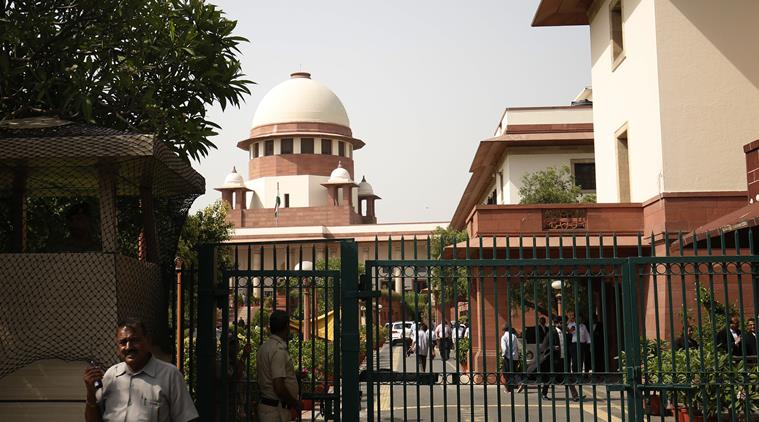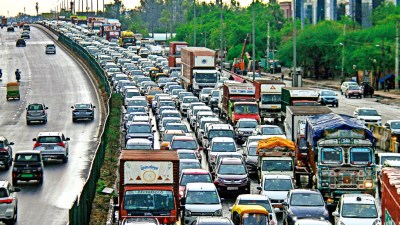Ordering a slew of measures to push police reforms, the Supreme Court Tuesday directed states to notify the Union Public Service Commission (UPSC) at least three months before the post of Director General of Police falls vacant and appoint one from a panel of officers drawn up by the commission.
This is intended to check the practice by ruling parties to name their favourites to the top post.

“All the states shall send their proposals in anticipation of the vacancies to the Union Public Service Commission, well in time, at least three months prior to the date of retirement of the incumbent on the post of Director General of Police; the Union Public Service Commission shall prepare the panel as per the directions of this court in the judgment in Prakash Singh’s case… and intimate to the states. The state shall immediately appoint one of the persons from the panel prepared by the Union Public Service Commission,” a bench of Chief Justice Dipak Misra and Justices A M Khanwilkar and D Y Chandrachud ordered.
The bench also restrained states from appointing any acting DGP, saying there was no such concept in its 2006 judgment to usher in police reforms.
“None of the states shall ever conceive the idea of appointing any person on the post of Director General of Police on acting basis for there is no concept of acting Director General of Police as per the decision in Prakash Singh’s case,” the judges ruled.
The court directed that all concerned must make the endeavour to see that the person appointed as DGP continues despite his date of superannuation. “However, the extended term beyond the date of superannuation should be a reasonable period,” it said.
The judges said any rule or state law or central law running counter to its direction “shall remain in abeyance”.
Story continues below this ad
They, however, granted liberty to states which have made laws on police appointments to approach it for seeking modification of its order: “The present directions shall be followed scrupulously by the Union of India and all the states/Union Territories. If any state government/Union Territory has a grievance with regard to these directions, liberty is granted to them to approach this court for modification of the instant order.”
On the practice of some states to appoint a DGP on the last date of retirement as a consequence of which the person continues for two years after his date of superannuation, the bench said “such a practice will not be in conformity with the spirit” of its order.
The directions came on a plea of the Centre seeking modification of its 2006 judgment rendered in the Prakash Singh case on police reforms. The court was hearing the Centre’s plea seeking modification of one of its directions.
The 2006 ruling had said that “the Director General of Police of the state shall be selected by the state government from amongst the three seniormost officers of the department who have been empanelled for promotion to that rank by the Union Public Service Commission on the basis of their length of service, very good record and range of experience for heading the police force”.
Story continues below this ad
Appearing for the Centre, Attorney General K K Venugopal said that of 29 states, only five — Karnataka, Tamil Nadu, Telangana, Andhra Pradesh and Rajasthan — had approached the UPSC for empanelment and the others had not followed the direction.
Last September, the court agreed to hear a clutch of pleas claiming that the 2006 judgment had not yet been implemented by the states and Union Territories. The 2006 verdict came on a PIL filed by two former DGPs, Prakash Singh and N K Singh.
ENS adds: Following the directions Tuesday, Prakash Singh said: “The Supreme Court’s directions today were more in the nature of a clarification on the SC judgment of 2006 vis-a-vis appointment of DGs because the court realised that its directions were being distorted by certain state governments to suit their purposes… Some states were appointing an acting DG for a period of one year. Then they would confirm the appointment and the incumbent would carry on for another two years.” He said the Home Ministry had brought these anomalies to the notice of the Supreme Court which passed appropriate orders.

 The bench also restrained states from appointing any acting DGP, saying there was no such concept in its 2006 judgment to usher in police reforms. (Express Photo Amit Mehra)
The bench also restrained states from appointing any acting DGP, saying there was no such concept in its 2006 judgment to usher in police reforms. (Express Photo Amit Mehra)






